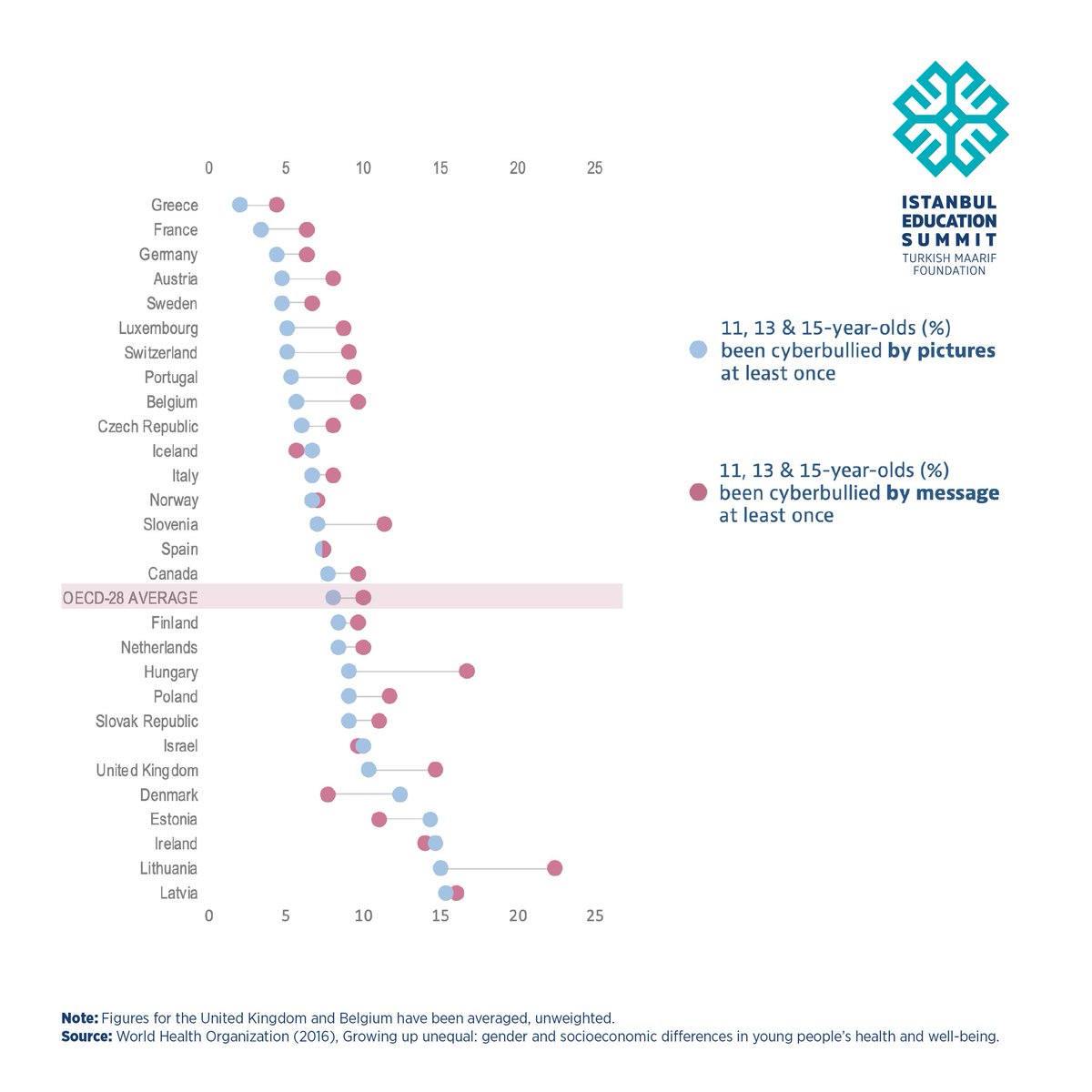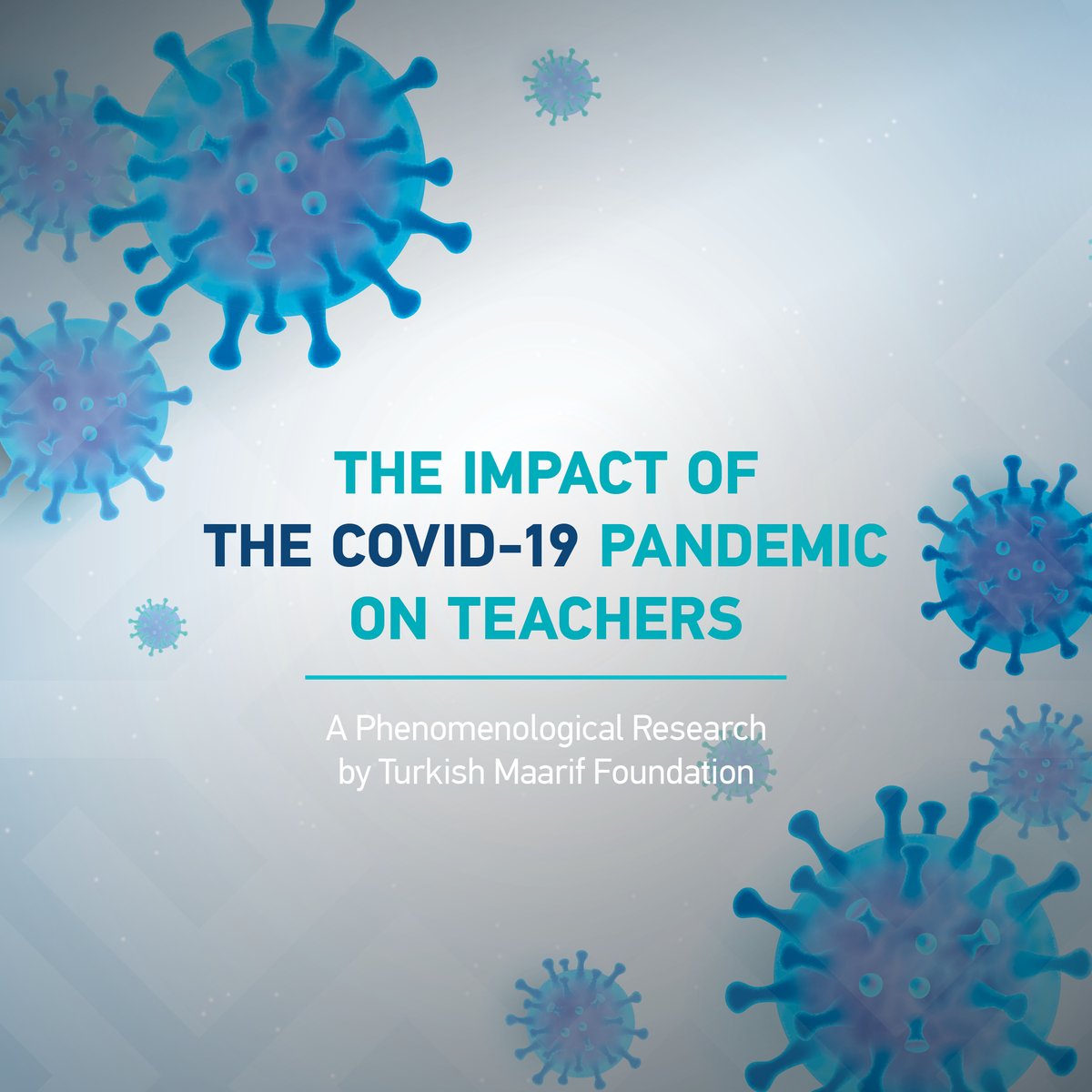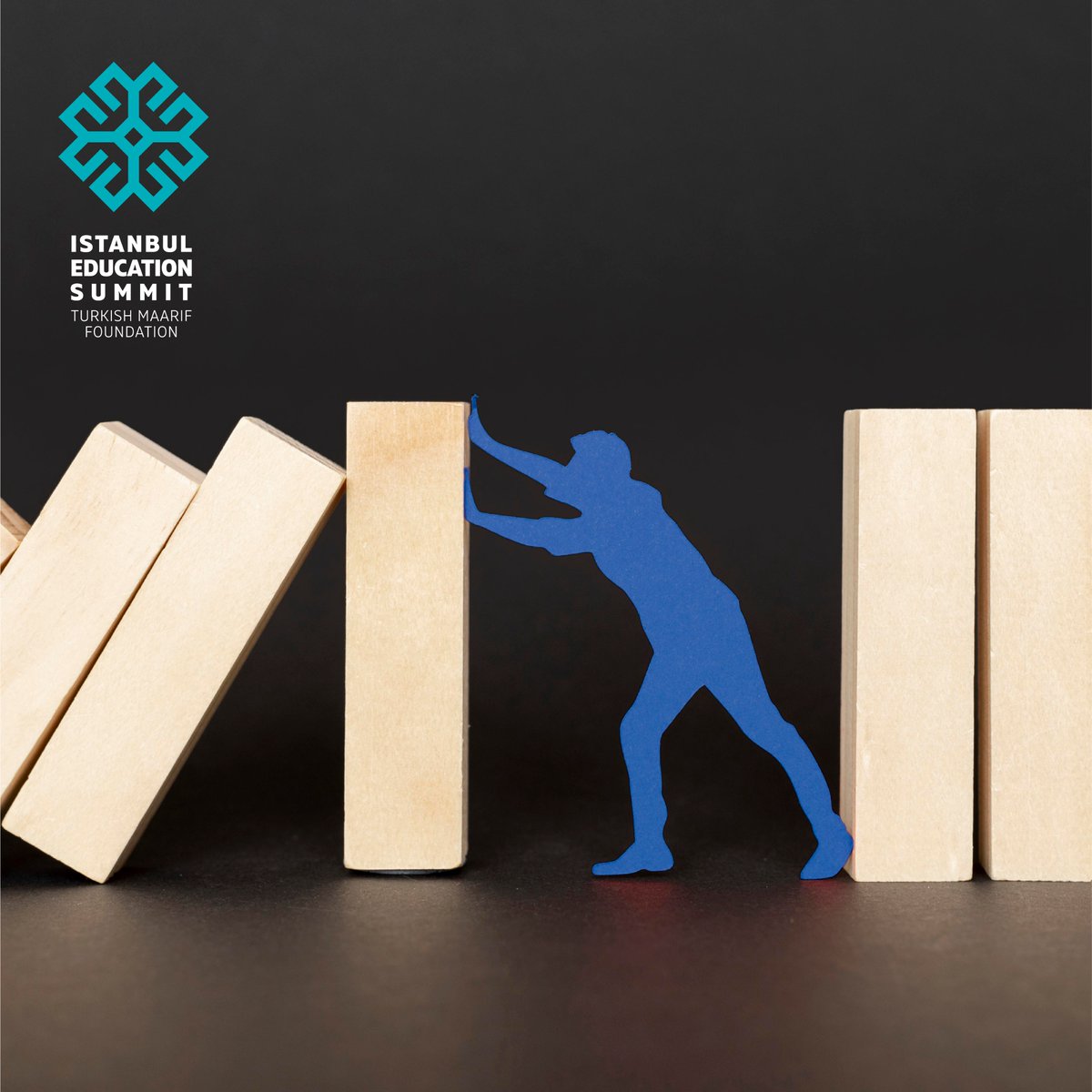
#Digital technologies, which have become one of the important parts of our lives, have numerous benefits in many areas such as #education, #health, #economy, etc. But, and there is a big but?
What are the costs of #digitalization for #children and #young people? How should families treat children on the internet or social media using? What do the figures tell us? Here is the threat on Children & Young People’s Mental Health in the Digital Age by the OECD in 2018. 

Almost half of the world is connected to the #internet, and in countries that are members of the OECD almost everyone is #online. For children and young people today, being online and using social media have become an integral part of their lives.
In 2015, a typical 15-year-old from a country that is a member of the OECD had been using the #internet since age 10 and spent more than two hours every weekday #online after school, and more than three hours on a weekend day.
The reliance on digital #technology has fuelled concerns from #parents, teachers, governments and young people themselves that the technology and social media are exacerbating feelings of #anxiety and #depression, disturbing sleep patterns, leading to cyber-bullying and so on.
In response to these and other concerns, some countries are taking action. Legislation prevents Korean children from playing online #games that require a resident registration number between midnight and 6am without parental #permission.
Other country's governments such as the United Kingdom are reviewing how social media affect children’s #wellbeing, as well as how much #screen time is healthy.
On average across OECD countries, a typical 15-year-old #student in 2015 had been using the #internet since age 10 and spent an average of 29 hours per week on the internet – a noticeable increase from the 21 hours spent by an average 15-year old in 2012. 

#Children and #young people are also increasingly using the internet on a variety of portable devices, where adult supervision might be more challenging. #Smartphone ownership has become a common feature of teen life with 9 out of ten 15-year-olds in the OECD having access to it.
The most robust studies suggest that moderate use of #digital technology tends to be #beneficial for children and young people’s mental wellbeing, while no use or too much use can have a small #negative impact (UNICEF 2017).
The OECD’s #PISA survey indicates that #extreme internet users (more than 6 hours a day) were most likely to have lower life #satisfaction and #wellbeing.
However, #moderate internet users (1-2 hours a day) had the highest life satisfaction, even when compared to those who used the #internet one hour or less on a weekday.
Similarly, the World Health Organization has found #adolescents who report very low or very high levels of #internet use reporting the lowest life-satisfaction scores.
On the other hand, greater, night-time specific social media use and emotional investment in social media are all associated with poorer sleep, and higher levels of anxiety and depression. But, it is not clear whether anxious and depressed adolescents use social media more.
The #digital space also introduces new risks and stresses into young people’s lives. #Bullying in school or by peers is sadly still too common but the pervasive nature of social media means that harassment can continue beyond the school gates, and can even take place anonymously 

The highest rates of #cyber-bullying among #OECD countries within #Europe are found in Lithuania, Hungary and Latvia. In-person bullying has been found to be more common and has a much greater effect on wellbeing compared to cyber-bullying. 

Perpetrators of cyber-bullying are found equally among boys and girls and across #teenage years. In contrast, boys and younger teenagers predominantly commit in-person #bullying.
Studies also indicate that social media usage is associated with #body image concerns among #young men and women, as well as linked to disordered eating.
But, there is a need for more research on this issue, using a consistent definition and reliable measures of social media use, sampling the influence of different aspects of social media on #body image.
At this point, the #OECD recommends #families, #teachers, the #industry to provide helpful guidance on protection of children and young people #online.
#Empowering children and young people to be #responsible online participants: Children and young people should be empowered and supported to use digital technology well, so they can further reap benefits that social media provides.
#Educating families about appropriate digital use and risks: By developing #digital knowledge and confidence, parents and carers can actively engage with #technology and model constructive and balanced digital habits. 

#Encouraging industry to develop appropriate #content: Governments should encourage online broadcasters, digital developers etc. to produce technology that fits a child’s development via age-appropriate content, as well as ensure inappropriate content is not accessible
#Ensure children and young people who show signs of #mental illness get help early: It is imperative to intervene early when children and young people show signs and symptoms of mental illness.🔚
• • •
Missing some Tweet in this thread? You can try to
force a refresh










